Five KI-researchers awarded grants for work with sustainable development
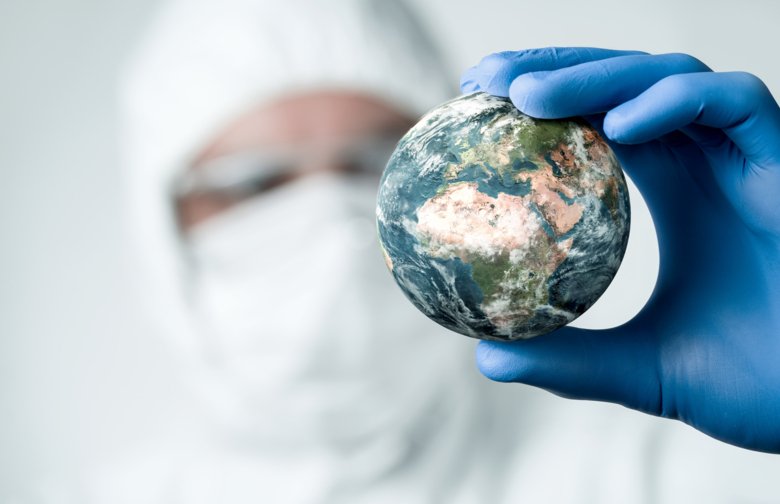
Last autumn, KI announced an new internal funding for work on sustainable development initiatives. After fierce competition, five applications have now been selected to share one million SEK.
The UN has developed 17 Sustainable Development Goals (SDGs), representing some of the biggest challenges the world is facing today. KI is devoted to finding solutions to health challenges and to helping fulfil these goals as described in the university’s strategic plan, Strategy 2030. Therefore, in conjunction with KI’s November 2020 conference on sustainable development, KI announced new funding to encourage KI researchers to engage in SDG-related questions and to further develop research aimed at fulfilling the SDGs. These grants are financed by the KI Strategy 2030 operational plan and are a key component of the project “One KI for sustainable development”.
By the end of the application period, a total of 45 applications had been received. The applications illustrated the breadth of SDG-related research at KI and were of the highest quality. After a thorough evaluation by the review panel, five projects were selected. The projects have been awarded grants of 100 000 SEK to 320 000 SEK.
A follow-up call is being planned for the end of 2021 and again in connection with the second KI sustainable development research conference.
Awarded researchers and their projects:
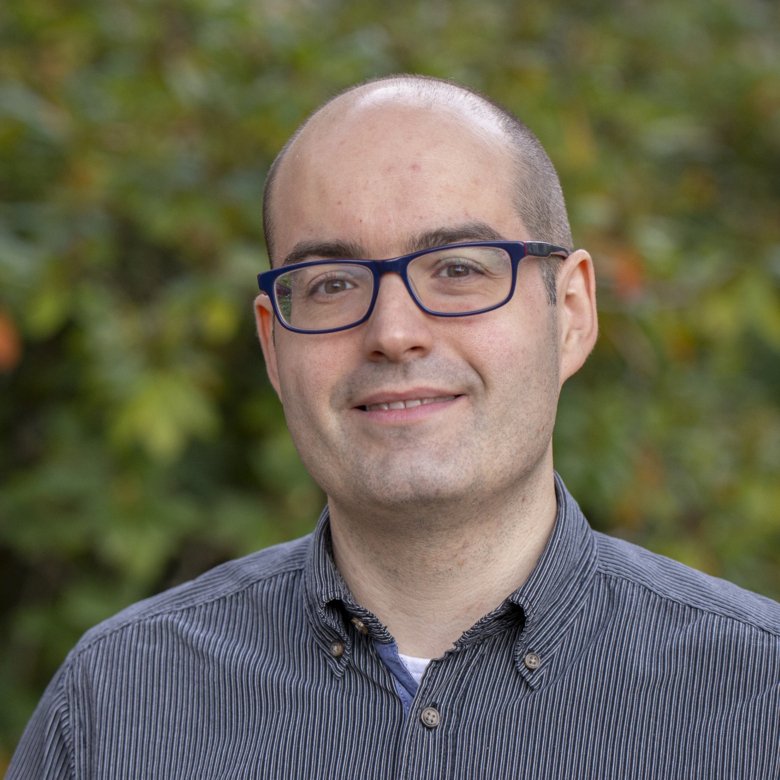
Vicente Jose Pelechano Garcia at the Department of Microbiology, Tumor and Cell Biology (MTC) has been awarded 320 000 SEK for his project “Molecular detection of phenotypic antimicrobial resistance.”
Summary: Infection by antimicrobial resistant microorganism is a threat to global health. Currently, molecular methods to detect them require the knowledge of the causative genes, while traditional methods based on cell growth are slow and often unsuccessful. We will pilot the use of novel RNA signatures as a molecular readout for antibiotic susceptibility, which aims to provide fast answers without the need to know the genes conferring the drug resistance.
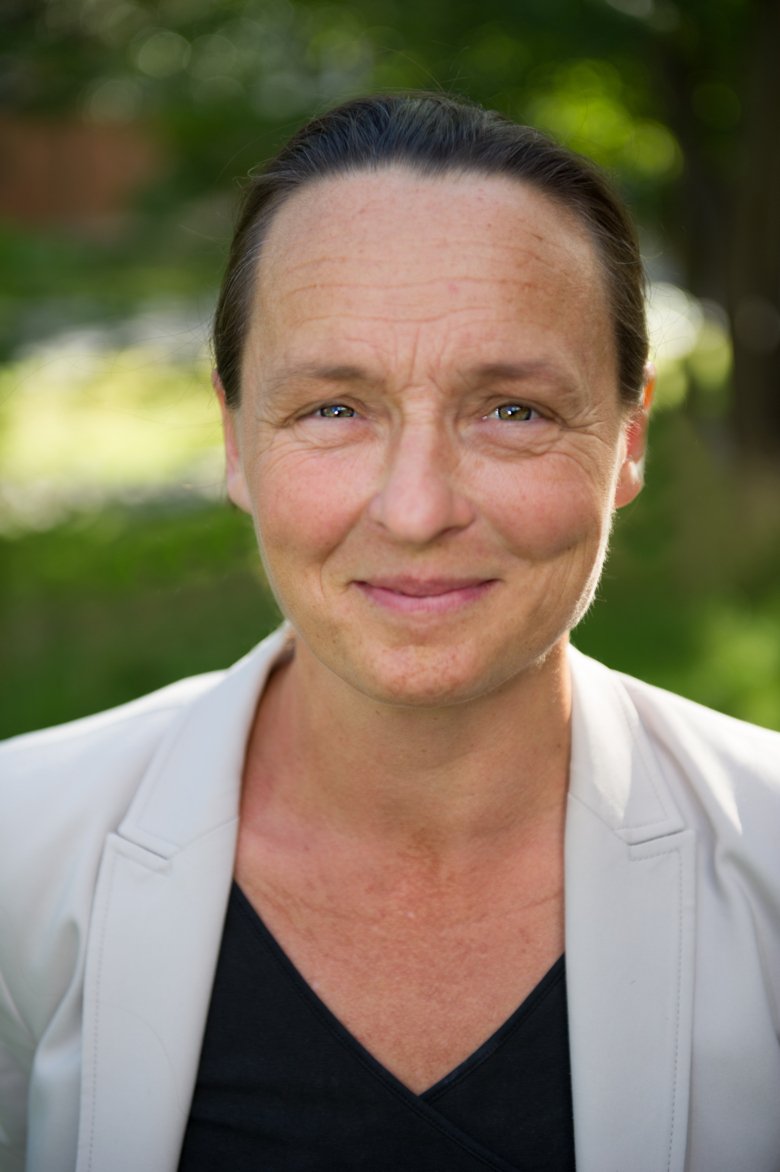
Anna Färnert at the Department of Medicine, Solna (MedS), has been awarded 260 000 SEK for her project “Malaria, diabetes and metabolic syndrome: investigating the double burden of disease in Cameroon.”
Summary: Lifestyle diseases are increasing globally, also in malaria endemic areas. This project will investigate the risk of severe malaria and parasite prevalence in individuals with diabetes and or metabolic syndrome in Cameroon, a country heavily affected by both malaria and type 2 diabetes. In addition, the project will assess how immunity to malaria and the antimalarial antibody response are affected by diabetes, obesity and metabolic syndrome. The results will guide the management and prevention of malaria in these populations.
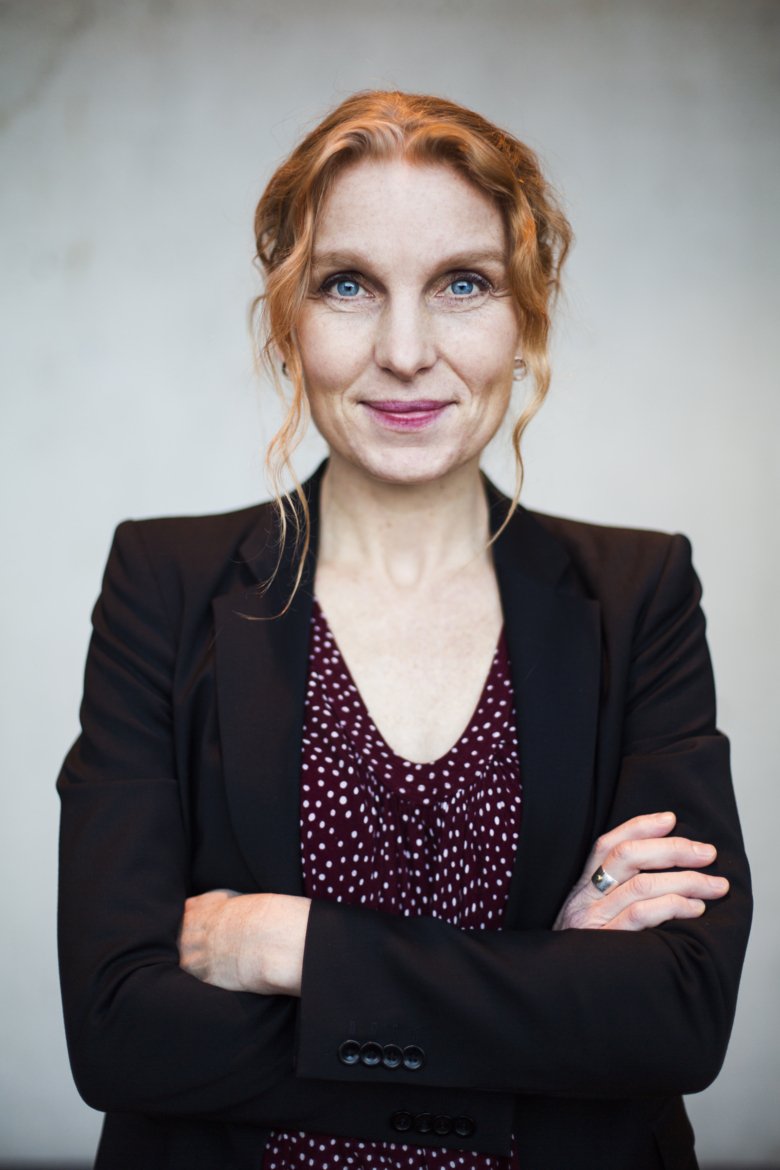
Anna Mia Ekström at the Department of Global Public Health (GPH) has been awarded 220 000 SEK for her project “Effects of COVID-19 on SDGs related to poverty, food shortages, inequality and health - a population-based study in Uganda.”
Summary: The pandemic will significantly undermine Agenda 2030 and the sustainable development goals. We will study both the direct impact on COVID-19- related morbidity and mortality, and indirect consequences of the pandemic on food insecurity, gender-based violence mental health and alcohol use, and universal access to sexual and reproductive health and rights, using a longitudinal population cohort for pre- and post-epidemic information collected in a robust established surveillance framework in rural and urban Uganda.
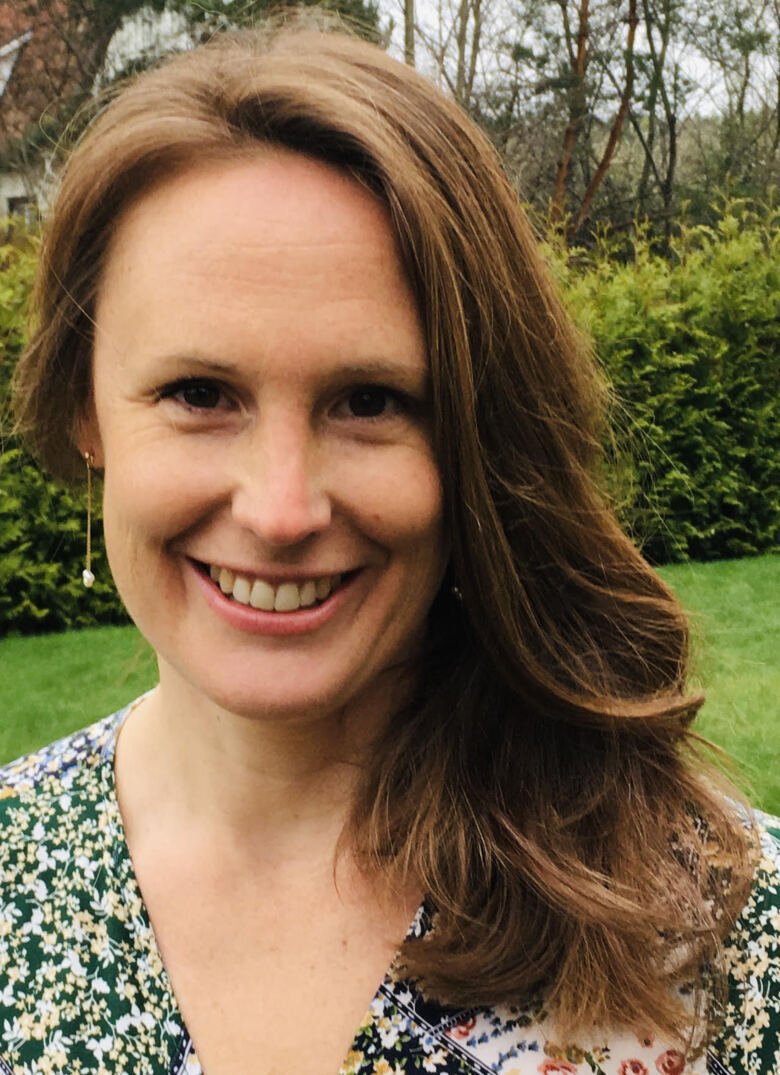
Helena Litorp at the Department of Global Public Health (GPH), has been awarded 100 000 SEK for her project “Norms and values as barriers and enablers to global sexual and reproductive health and rights: A multi-country population-based study in Sub-Saharan Africa.”
Summary: Universal access to sexual and reproductive health and rights (SRHR) is essential for sustainable development through its links to gender equality and women’s and girls’ wellbeing as well as its impact on maternal, new-born, child, and adolescent health. The aim of this project is to investigate norms and values related to SRHR among women and men in four sub-Saharan African countries (Nigeria, Ethiopia, Rwanda, and Zimbabwe) and their potential implication as barriers or enablers to improved SRHR.
Agneta Richter-Dahlfors at the Department of Neuroscience, center director of AIMES – Center for the Advancement of Integrated Medical and Engineering Sciences at KI and KTH has been awarded 100 000 SEK for her project “Biobased materials in wound dressings for better health and a sustainable environment.”
Summary: Antibiotic resistance is one of the world’s most urgent public health problems. This project aims to reduce the infection risk associated with open wounds in skin by developing wound dressings functionalized with natural antimicrobials from biobased materials. The project is performed in collaboration with Mölnlycke, a global provider of wound management and prevention solutions. By addressing SDG 3, 9, and 12, among others, our project promotes a sustainable investment in novel interventions to fight antibiotic resistance.
